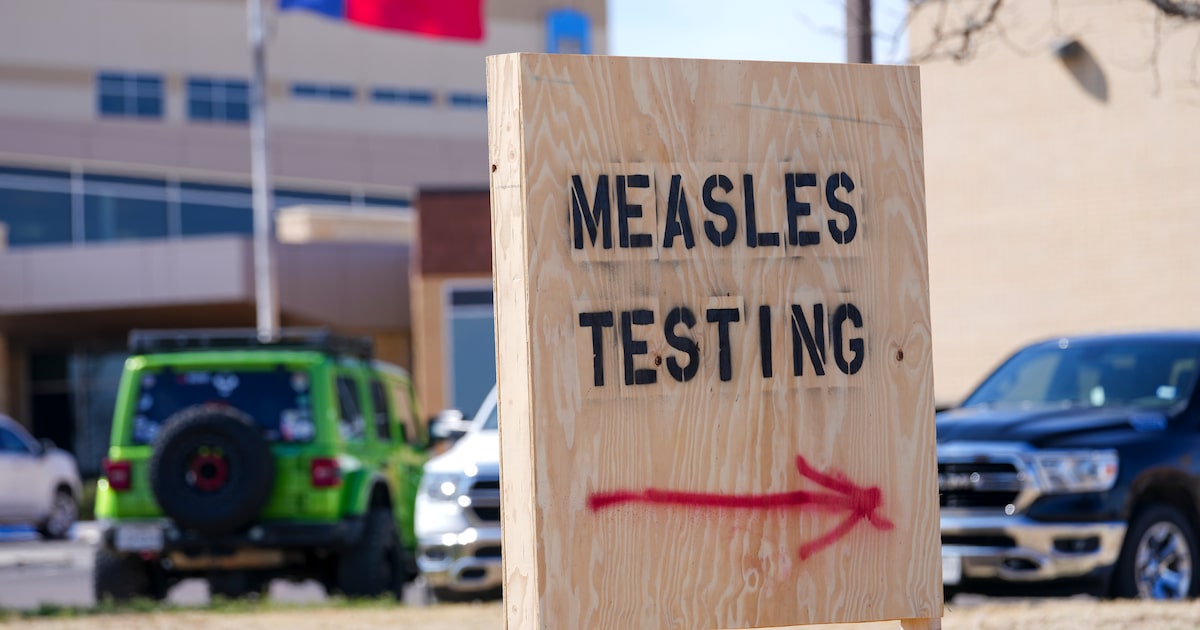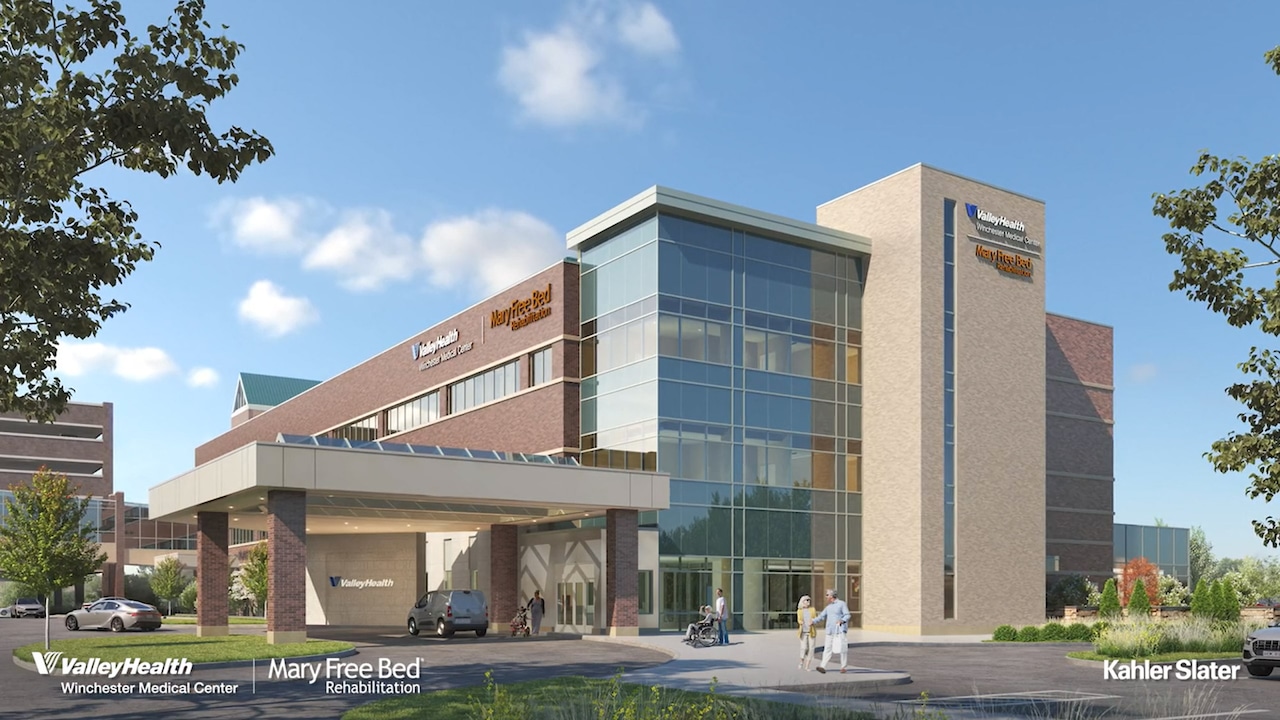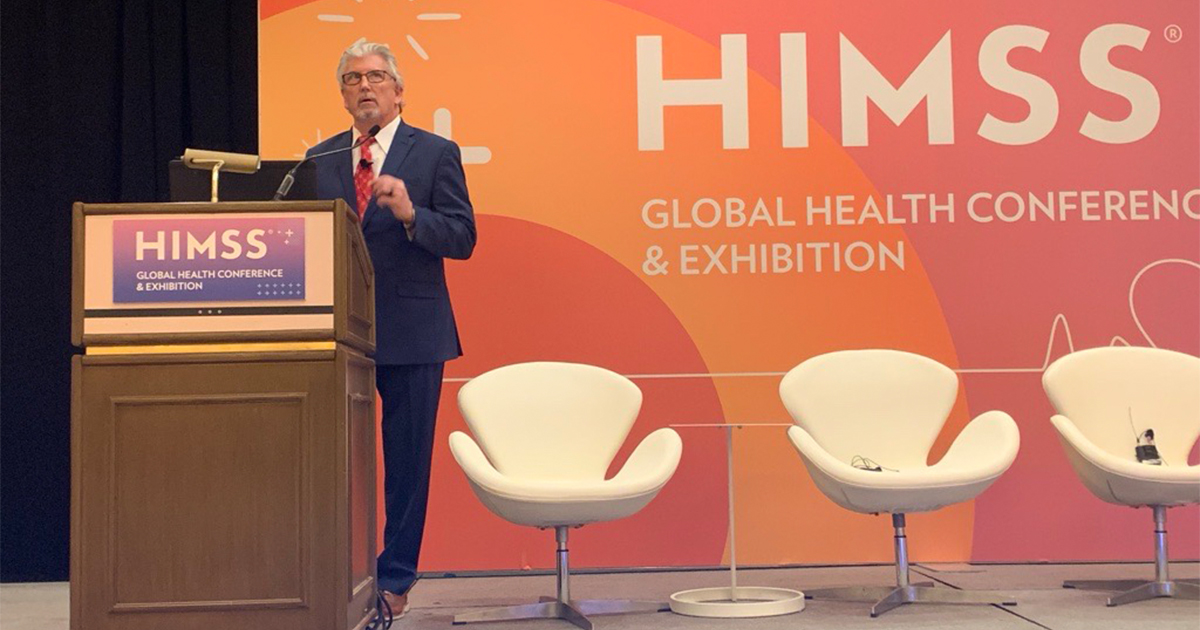The Primary Care Paradox: How Retail Health Titans Are Losing Their Grip

While retailers' healthcare ventures may not have fully lived up to initial expectations, their attempts offer valuable insights into the future of primary care innovation. These experiences reveal critical strategies for transforming healthcare delivery, scaling effective models across the United States, and proactively engaging patients before their health conditions become more complex and costly.
The key lessons learned extend beyond mere retail healthcare experiments. They highlight the importance of creating accessible, convenient, and patient-centered care models that can intervene early, prevent escalating health issues, and ultimately reduce the financial burden on the entire healthcare ecosystem. By understanding where these initiatives succeeded and where they fell short, we can develop more sophisticated, integrated approaches to primary care that truly meet patients' evolving needs.
Successful healthcare innovation requires a holistic view that combines convenience, technology, personalized engagement, and strategic preventative interventions. The goal is not just to treat illness, but to empower individuals to maintain their health proactively, ultimately creating a more efficient and compassionate healthcare system.








